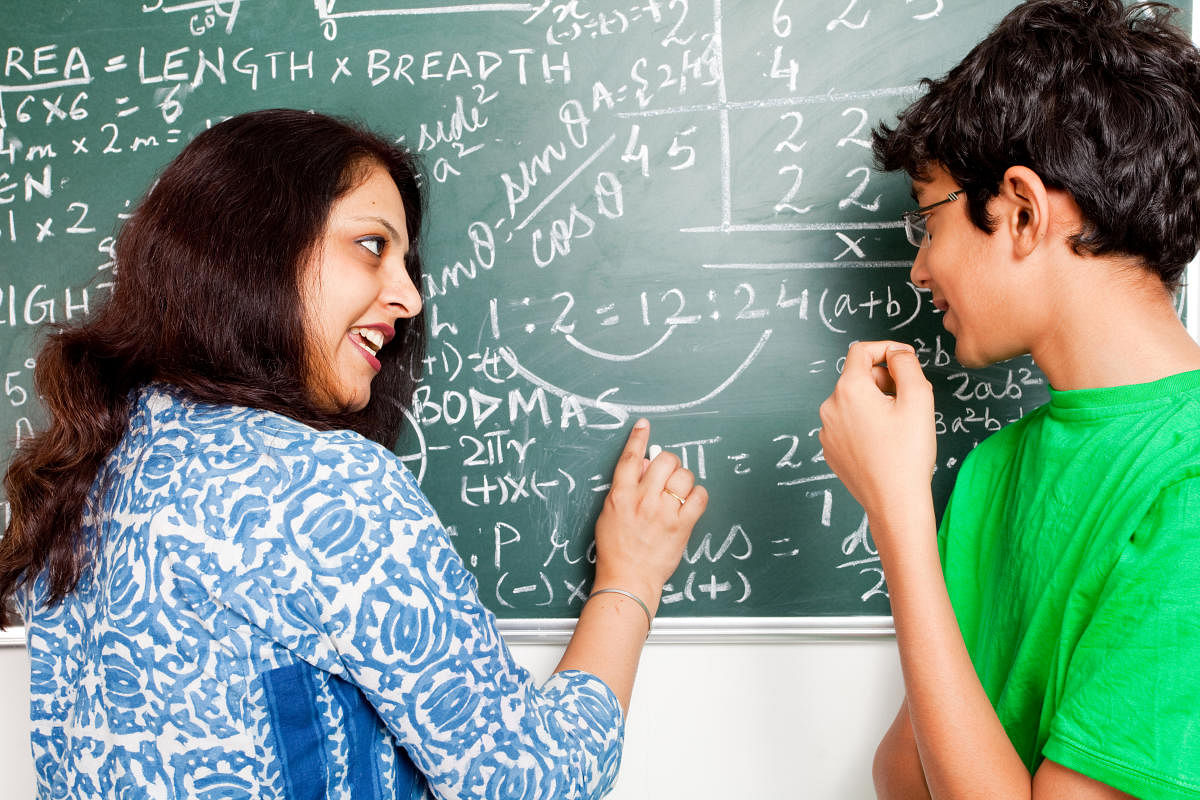
An overnight transition from physical classrooms to an online environment due to the pandemic has impacted learning in several ways, with reports by think tanks addressing learning loss, particularly in subjects like mathematics.
A study highlighted the learning challenges faced by students during the pandemic. Numbers showed that five out of 10 parents felt that the learning loss had led to forgetting basic concepts and the inability to grasp fundamental concepts between Grade 1 and Grade 5.
The cumulative learning loss will have a critical impact on the students’ future. As the concepts get more challenging, the weakening foundation of the subjects will lead to loss of interest and eventually poor learning outcomes. Teachers and edtech platforms can be the enablers in driving change and tackling this Covid-induced learning loss.
The issue of children reaching adulthood without basic maths or literacy skills has been an ongoing battle in the country. The pandemic has further highlighted the need to address the economic and social effects caused by the conventional approach to education. The World Bank reports that over 50% of 10-year-old children in middle-income countries do not have foundational maths skills – a figure rising to 90% in low-income nations.
According to the World Economic Forum’s ‘Future of Jobs’ Report, the top 10 jobs of tomorrow require a deep affinity with algorithms and maths logic. With maths skills – particularly numeracy and problem-solving – being a strong indicator of broader cognitive capabilities, companies are increasingly relying on data to guide decisions and employees who can analyse and interpret data. Numerical competency has never been more important. Maths skills are core to levelling up and represent a gateway to unlocking human capabilities.
Driving student success
In order to deal with this learning crisis, there is a need to maximise innovation and investment in learning through cross-community partnerships involving governments, businesses, community groups and edtech companies. Edtech platforms will especially help in reaching out to a large population. The focus should be laid on lessening the educational inequality in rural areas as much as towards elevating the overall online education standards. The emphasis needs to be on bridging the digital divide by equipping children with necessary devices and internet services that are vital to access education remotely.
Online platforms can also boost the accessibility of quality teachers among kids, supporting their learning from anywhere at any time. Awareness-led initiatives to involve families and communities as learning partners facilitating the educational process is also of utmost importance.
Newer models in learning such as gamification, machine learning enhanced by data analytics, and the application of AI should be the primary technological drivers of the edtech revolution. These technologies will also help in making the experience of practical subjects online more efficient. In addition, improving personalisation for an outcome-oriented approach will help mitigate the learning loss.
Adapting the pace, objectives, and content according to the students’ multiple intelligences, abilities, and motivations are important. It is also vital to have regular diagnostic assessments to identify learning gaps in students. This can be used to assess the understanding of students, identify gaps in learning, individual learning behaviours and styles and personalising the learning programmes to promote positive learning outcomes.
There is a dire need to bring about a change in the current scenario and improve the existing system. A holistic and structured approach by edtechs to cover the missed curriculum while providing necessary interventions to facilitate this catching up will help fuel the overall effort and increase student engagement.